Google is still a startup when it comes to hardware
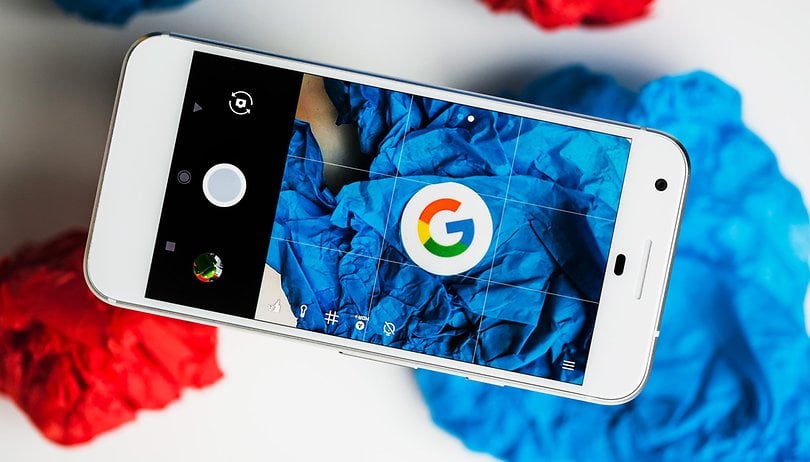

Google is a software and Internet services company, but it also invests heavily into hardware. Five years ago, Google announced a number of devices, and among them was the recently updated Google Glass. The development of the augmented reality headset from the search engine giant may have gotten stuck, but there are a lot of other devices by the company that have made it to the market over the last few years and serve as a platform for Google services.
Google is a subsidiary of the company Alphabet, founded in October of 2015. It includes other business as well like Calico, DeepMind, X, Google Fiber and Next Labs. That said, this article isn’t going to talk about Project Loon or the security cameras, thermostats or smoke alarms from Nest, but about the products from Google.
According to Wikipedia, by definition, Google is a software and hardware company:
Google is an American multinational technology company specializing in Internet-related services and products. These include online advertising technologies, search, cloud computing, software, and hardware.
The company’s official website clearly shows this to be true with their product list. Somewhere between Google Allo and Duo, Google Photos, Maps, Chrome and the Google app, there’s the section dedicated to Google devices: Pixel, Home, Daydream View and Wifi. So, yes, Google is also a hardware company.
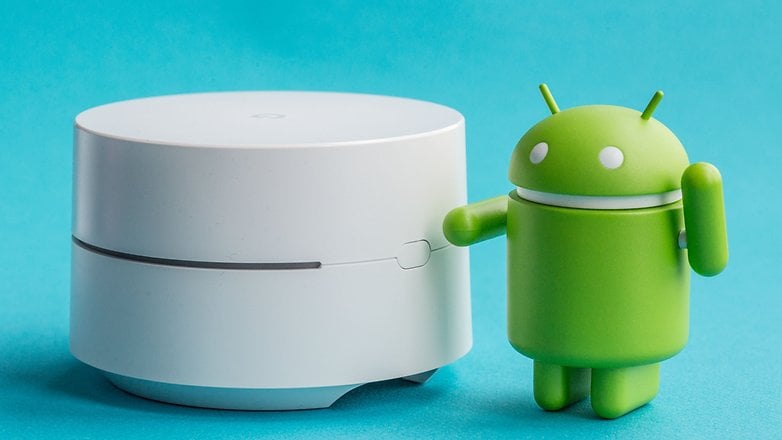
However, considering the investment by Google’s team in software and web solutions, the company’s business emphasis on marketing and their search engine, bestowing the title of ‘hardware company’ to Google is still a stretch. For quite a while, the search engine giant remained in the background behind companies like Samsung, HTC, LG and Huawei in various partnerships for things like the construction of Nexus smartphones or Chromebooks.
However, with the announcement of the Pixel smartphone last year, designated by the company’s execs as “the first smartphone built by Google,” things started to clear up a bit. However, there are still quite a few chapters left until we come to the conclusion that Google really is a hardware company.
The buying and selling of Motorola
In 2012, Google bought Motorola Mobility for $12.5 billion. Huge expectations followed this purchase, since at that time Google wasn’t buying just a business, it was buying a division that was capable of making devices.
However, in 2014, it announced the sale of the Motorola mobile phone division to Lenovo. The deal was for close to $3 billion. This sale confirmed that Google’s intentions weren’t focused on making their own devices but rather on acquiring Motorola’s patents.
With the purchase of Motorola, Google gained ownership of more than 17 thousand patents that the company owned. Of these, only about 2 thousand were in the Lenovo deal. Remember, at that time, the intention was to strengthen Android’s operating system and also to not have problems with processors and other legal matters by using certain technologies.
The arrival of Chromecast
In 2010, Google partnered with large smartphone manufacturers already on the market, and they developed Nexus Open, and with it, established its own line of smartphones running the purest version of its operating system, Android. However, it was with the announcement of Chromecast that we first saw the search engine giant sign, distribute and sell their own product: Chromecast by Google.
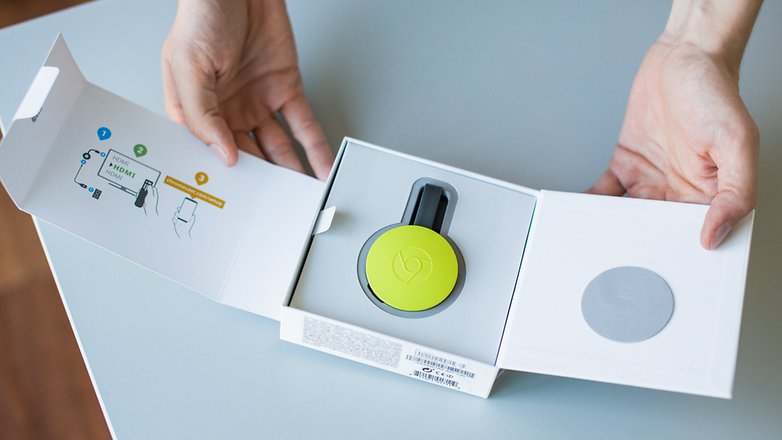
We should have seen Chromecast's success coming from a long way away. In the end, Google launched a device on the market that was very cheap (compared to any other Smart TV), that worked like a pen drive and allowed users to change any TV with an HDMI port into a connected TV.
With what was called Google TV at first and later changed to Android TV, we saw the first partnership with a manufacturer like Sony, who manufactured the hardware and signed off on the project. With Chromecast, we moved on to having more than just Google’s name on a device. The design, creation, distribution, and marketing logistics were all done by the company.
The arrival of Pixel and the hardware division
The Pixel series took Nexus' place in 2016. Google also created a hardware division lead by one of their old acquaintances, Rick Osterloh, the ex-CEO of Motorola at a time when it was still under Google’s umbrella.
Although two different hands made Google Pixel and Pixel XL (read: partnership with HTC), the only logo printed on the device is the “G” from Google. As I said before, during the official presentation, the Pixel was called “the first smartphone built by Google.”
It’s pretty clear now that the search engine giant can be considered a hardware company. In that way, they’re just like Apple, who develops its own software and designs the hardware for its iPhone. However, they do have some partnerships with other companies, like Foxconn. Google really isn’t any different, but on a smaller scale. Apple closely controls the manufacturing of its CPU, while Google uses a Qualcomm processor in its devices.
This distance gets even bigger if we put Google up against manufacturers like Samsung and Huawei. Compared to these two companies, Google could be considered a startup when it comes to hardware (only taking into consideration the development of Google devices and not server construction).
Is Google investing in hardware?
There isn’t any doubt that Google products are integrated into our day-to-day lives. Whether its email, search, location or navigation, the operating system is what brings your smartphone and TV to life. The phrase “Google it” is already synonymous with ‘to look up.' What we’re still getting used to is the fact that Google is also a hardware company. It may still go a bit unseen though, especially in places where devices like Pixel, Home and Wifi aren’t available.
Looking back at 2012, Patrick Pichette, Google’s CFO at the time, confirmed that the company was probably one of the biggest hardware companies in the world. According to an interview with Wired, Pichette said that “There’s a bit of a mythology that Google doesn’t know anything about hardware,” but the company was one of the biggest players in that sector.
We’re big in hardware. Google actually builds servers in a factory that actually probably makes us one of the largest hardware manufacturers in the world. And so we know hardware. We know about flash. We know about equipment. We know about supply chain.
Yes, the internet giant knows hardware, and it knows it very well. With investments in sectors like Artificial Intelligence (AI), Virtual Reality (VR) and Augmented Reality (AR), more and more platforms are starting to use the internet in different ways. As Google’s business strategy is Internet-based, it’s inevitable that the company will start putting down roots in the construction of the so-called “Google devices.”
To spread the word about Google Assistant (AI), the engineers developed Google Home. To standardize virtual reality, they gave us a “democratic” headset, the Daydream View. To optimize the experience on these internet dependent services, we have Google Wifi. For Android in its purest form, Google Pixel.
I think it’s pretty clear now that investing in hardware is on Google’s agenda. However, the big question now is solving its distribution problems. Pixel smartphones are only available in a handful of countries. The same thing also happened with Google Home, Daydream View, and Google Wifi.
However, don’t let the logistical incompetence or the (dis)interest in openly competing with their partners fools you. Google is a hardware company. It’s just still in its startup phase.






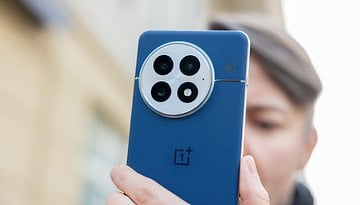

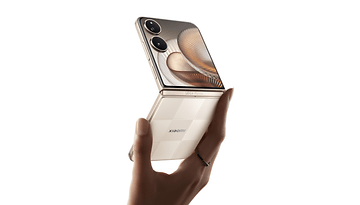
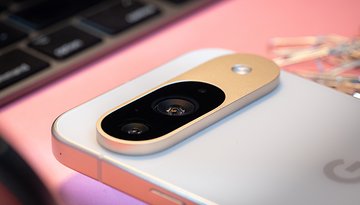
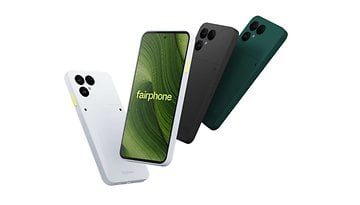
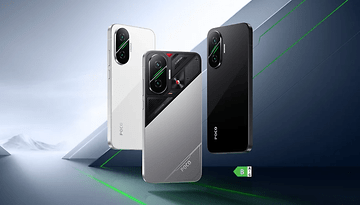



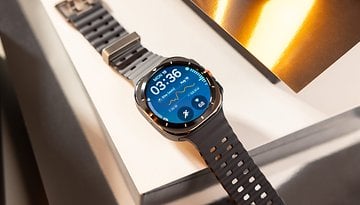




Under its data aggregation / ad sales business model, Google is happy so long as whatever the user does goes through its software, regardless where that software is installed. Google is unhappy if a user streams NetFlix or Spotify through Firefox browser on a Windows device and cuts Google out of the loop - the Chromecast hardware dongle diverts that whole data stream through Chrome and the Google aggregation infrastructure. Google is only trying to be a dominant hardware OEM in a few segments where it finds itself cut out of the data / ad flow as that currently is (screencasting / home digital concierge) or as it may become (automobile navigation).
As far as phones go, the news that they may design their own soc's is great news, and bad news. Great from a performance view, bad for the modding community, as there would be a lockdown aka "apple style". They're still a startup, but the potential to control all aspects of internet usage, worries me. Choice should still be a consideration in new tech, it helps innovate tech. I hope google doesn't forget that, the modding community has helped android be what it is today.
perception is everything..
it's easy to "see" Google as predominantly a software company..
but every answer to "OK Google" involves as much hardware as it does software,
all we "see" is what appears on our smartphone..
Google's purchase of Motorola for billions was never about producing a Motorola branded smartphone, it was all about a patently secure Android OS for the OEM's..
Nexus was about partnerships and learning how to deal with hardware development and carriers..
then there's the billions spent on political lobbying and leverage, which is just as important for successful hardware..
billions invested in machine learning and AI...
all of which is intrinsic to the smart part of smartphones..
respectfully I never perceived Google as a hardware start-up, ive always seen the hardware behind the software..
but.. Pixel smartphones are currently small fry they've sold about 3million so far, compared to Samsung who recently wrote off 3.5million defective note7s..
so yeah maybe with the scale of Google's current smartphone sales they seem like a start-up but I really think that's a perception that's gonna change..
maybe a bit like Huawei, 4yrs ago nobody in the UK had heard of them, now they are globally no3 in smartphone sales.. astonishing when you consider they don't really sell in USA yet.
so I think Alphabet are very much a hardware company who are now taking products like Home and Smartphones very seriously..
i think Pixel smartphones will become major multi million selling devices, not so much at Samsung or Huawei scale but big enough to be globally noticed..
Even if Google only wants to dabble in the consumer hardware space in order to steer other manufacturers into filling the space, they have a desperate need to sort out their supply chain, because having a lot of angry customers due to a lack of reasonable availability is not a good look for any company, as all companies want satisfied and content customers, as opposed to angry and disappointed customers who take their business and money elsewhere, left with a bad taste in their mouth for the company that couldn't or wouldn't satisfy their needs.
My view is more that Google is in hardware as more of a product demonstrator than trying to move a bajillion units. By demonstrating the viability of the niche Google can step back and sell their services into that niche. Hardware is quickly obsoleted and expensive to develop. Services are the long game.
I do agree, well I used to. This was the case when talking about the Nexus devices. That has changed apparently with the Pixel phones. Google wants to be a hardware manufacturer after all. I'm really excited what they are going to show us this year and if they keep following this route.